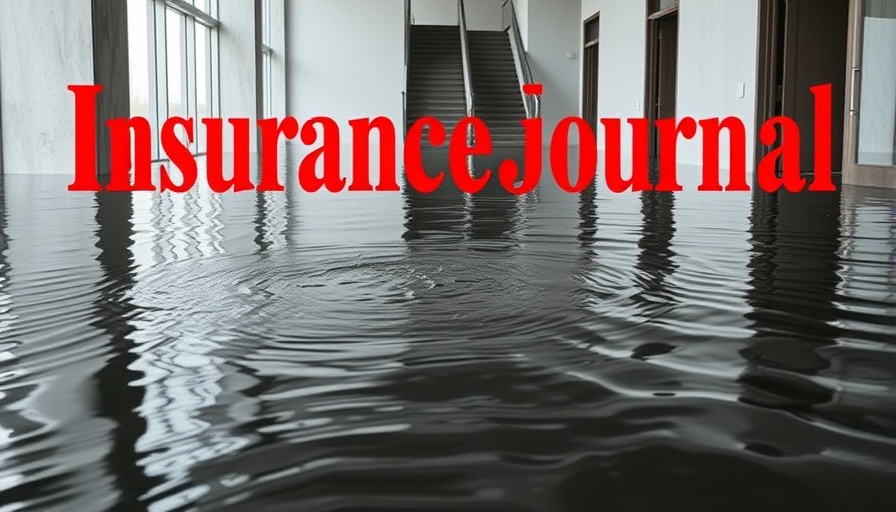
Judge Halts Hazardous Waste from Five States to Michigan
In a significant ruling, a Wayne County judge has prohibited government contractors across five states from sending hazardous waste to a landfill in Michigan. This decision follows extensive legal battles brought forth by concerned communities in the Detroit area who have emphasized the environmental risks associated with these waste shipments.
On August 12, 2025, Judge Kevin Cox deemed the threat posed by such waste to be "substantial and compelling," prioritizing environmental safety over the financial implications for Wayne Disposal, the landfill operator.
Public Concerns Drive Legal Actions
The injunction specifically affects waste transportation from sites in Luckey, Ohio; Middletown, Iowa; Deepwater, New Jersey; Lewiston, New York; and St. Louis. Many of these cleanup sites are under the management of the U.S. Army Corps of Engineers and involve materials linked to historical weapons production and atomic energy efforts dating back to World War II.
Critics argue that the proximity of residential areas, schools, and waterways makes any potential leak at the landfill particularly hazardous. Kevin McNamara, the elected supervisor of Van Buren Township, emphasized the community's united front against the presence of hazardous waste.
Lessons for Other Communities
This case serves as a crucial reminder of the importance of local advocacy in environmental issues. These legal battles showcase how organized community voices can lead to significant changes in local policy and corporate behavior. Communities across South Carolina might reflect on this example as they navigate their own interactions with landfills and hazardous materials.
What This Means for Future Waste Management
As the U.S. deals with the fallout from hazardous waste, including soil from the Manhattan Project in Lewiston, movement of such materials has prompted serious discussions on waste management practices. The Army Corps has noted that while they work through legalities, they are looking to divert contaminated soil to other disposal sites, with Texas landfill as one such option.
For South Carolinians, understanding how environmental legislation works could provide insight into handling hazardous materials in state landfills. Approaching local waste management practices with vigilance will be essential, especially in regions where historical industrial activities leave lasting environmental legacies.
Balancing Safety and Economic Impacts
Republic Services, which operates the landfill, has publicly stated its commitment to safe waste management, arguing that they exceed guidelines set for hazardous materials handling. However, their position has drawn scrutiny from environmentalists who warn that the risks of contamination pose a greater concern than economic factors.
The dialogue surrounding the balance between corporate responsibility, local safety, and economic necessity is essential for residents navigating the complicated insurance landscape, especially in relation to property damage claims that may arise from environmental hazards.
A Call for Increased Awareness
For residents in South Carolina, staying informed about these developments in hazardous waste management is critical. Awareness of potential impacts, such as insurance claim disputes related to property damage from environmental causes, cannot be understated. Engaging in local discussions around waste management will empower you to better protect not only personal property but also community health.
As this ruling highlights, community involvement plays a pivotal role in shaping the future of environmental safety and public health. Residents are encouraged to monitor local waste management activities actively and advocate for stringent regulations that safeguard their neighborhoods.
 Add Row
Add Row  Add
Add 




Write A Comment